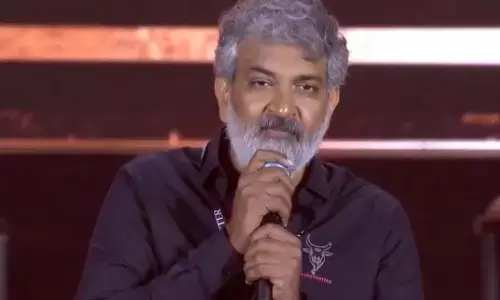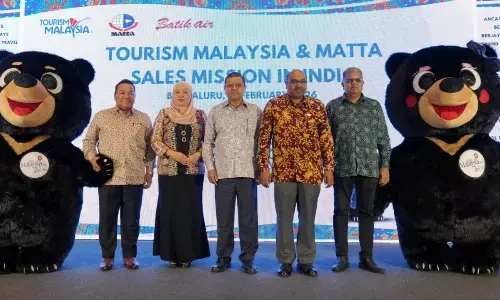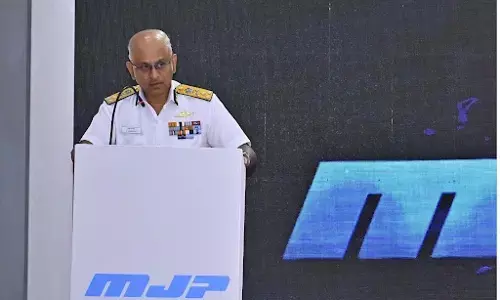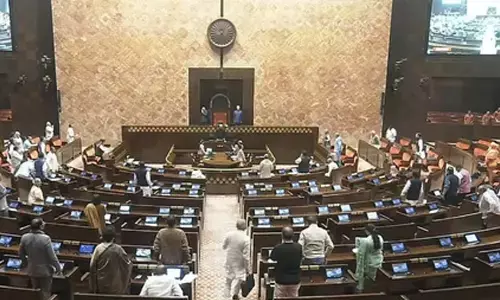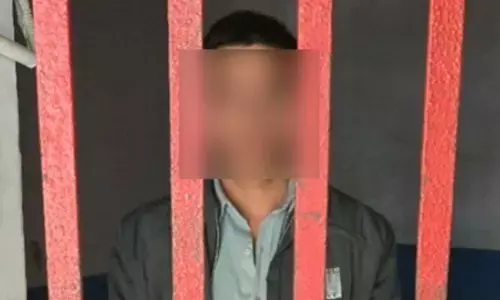18K adoptions since 2019, only 1,404 children with special needs find homes
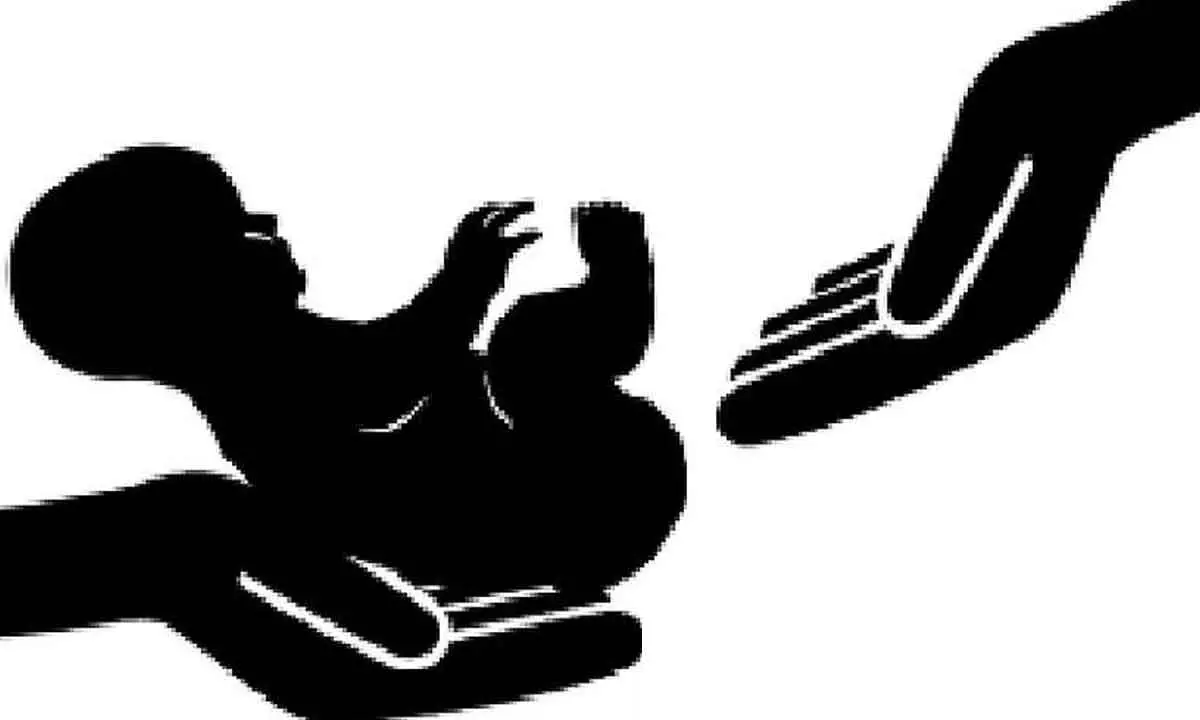
Only 25 healthy children under the age of two are available for adoption nationwide, making up just 1 per cent of the total. In 19 States, there are no healthy children below the age of 10 available for adoption, highlighting broader challenges within India’s adoption system
New Delhi : Of the 18,179 adoptions recorded since 2019, only 1,404 involved children with special needs even as the absolute numbers of adoptions saw an increase over the next five years, according to official data. Though the number of children with special needs for adoption has risen, the adoption rate is still significantly low, activists pointed out. Children with special needs require additional support due to physical, developmental, behavioural or emotional challenges. In 2019-20, India saw a total of 3,745 adoptions -- 3,351 in-country and 394 international.
Of the total number, only 56 boys and 110 girls with special needs were adopted, the Central Adoption Resource Authority (CARA) said in its response to an RTI query filed by PTI. In 2020-21, a total of 3,559 adoptions were recorded including 3,142 in-country and 417 inter-country. Only 110 boys and 133 girls with special needs were adopted in this year.
The number of adoptions dropped marginally to 3,405 -- 2,991 in-country and 414 international -- in 2021-22. The total number of adoptions included 136 boys and 206 girls with special needs. In 2022-23, 3,441 adoptions -- 3,010 in-country and 431 inter-country -- were recorded, with 156 boys and 188 girls with special needs finding adoptive families. The number of adoptions in 2023-24 increased significantly to 4,029 -- 3,580 in-country and 449 international. These included 135 boys and 174 girls with special needs.
Adoptions of children with special needs have shown a marked increase over the past five years. Despite a slight dip in 2023-24, the overall trend indicates a growing acceptance of children with special needs among prospective adoptive parents. But challenges persist including the fact that a significant proportion of children available for adoption fall into this category.
As of July 5, 2024, 420 children with special needs were waiting for adoption in childcare institutions across India, according to CARA. Citing data from CARA’s Child Adoption Resource Information and Guidance System (CARINGS), the founder of NGO Families of Joy Avinash Kumar said that as of July 2024, 76 per cent of the 1,709 children legally available for adoption were those with special needs. These figures are stark, especially when compared to the dwindling number of healthy children available for adoption.
Only 25 healthy children under the age of two are available for adoption nationwide, making up just 1 per cent of the total. In 19 states, there are no healthy children below the age of 10 available for adoption, highlighting broader challenges within India’s adoption system, Avinash Kumar said. The classification of children with special needs remains contentious.
Former CARA CEO Deepak Kumar said, “Even those children who have got a minor correctable disease or ailment, which over a period of time may no longer classify them as special needs, are still labelled as such for the purpose of adoption.” This broad classification includes children with developmental delays or minor physical conditions like a cleft palate, which can be surgically corrected. “Parents are very wary of adopting a child with even minor correctable issues, leading to a preference for perfectly healthy children as per the age profile,” Deepak Kumar said. This reluctance often results in these children being placed in inter-country adoptions, where they are more likely to find families willing to support them. In other countries, a more comprehensive support system for children with special needs exists. “In other countries, parents adopting children with special needs are given a lot of facilities, including allowances and planned surgeries.
They are well looked after, which is why these children find homes more easily abroad,” the former CARA CEO said. The current approach to categorising and labelling children with special needs has faced criticism. Avinash Kumar described CARA’s categorisation system as “regressive”. He said the term ‘special needs’ carries a negative connotation and makes it hard for children to be placed with adoptive families. “The categorisation and definition of special needs is itself regressive in CARA. If a child has the smallest of impairments, they are dumped into the special needs category,” he said. Avinash Kumar said he led a task force to redefine the categorisation but despite numerous suggestions, little has changed. “We suggested that instead of labelling children as special needs, they should simply be called children. Any child who has been traumatised and cut off from their family needs more love and care. They may appear to be physically fine but will still require special empathy and support,” he said.
He also emphasised the need for a more nuanced approach to categorising these children.



